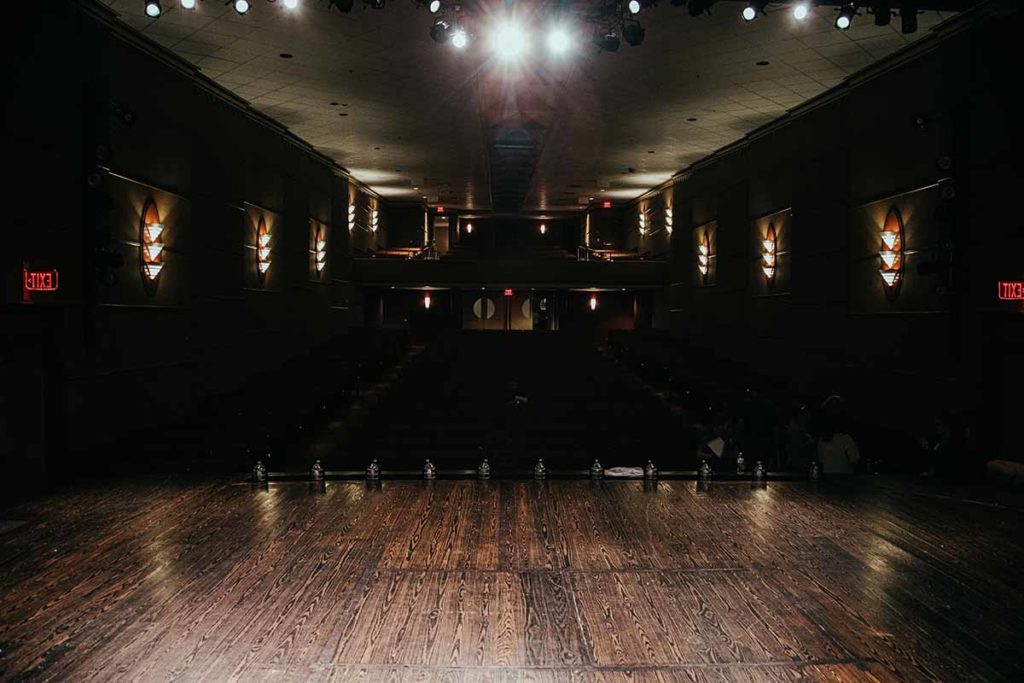While there’s not a “golden list” of monologues that an actor should choose from, there are some tips that can help you pick the best monologue for your audition:
- Choose an appropriate length. If the audition calls for a one minute monologue, do not show up with a three to five minute monologue. It’s happened to us before and most of the time, the first comment after is “they can’t follow directions.”
- Do not choose anything from a movie, especially a well-known one. The urge to copy tone and speech pattern is often too strong and hard to break. There’s also the possibility that even if you do a bang-up job, you will end up inadvertently suffering by comparison.
- Try to choose something from a play and read the whole play. Monologue books have some okay pieces, but reading an entire play and choosing a monologue from it will REALLY help you get some nice context for your character.
- Make sure it’s not “one-note.” Is your monologue one minute of pure anger/sadness/joy? Either pick a new one or work on finding a variety of emotions within your monologue. Casting directors are looking for how well you can characterize as well as your range.
- Know the play you’re auditioning for (and do not do a monologue from it). Don’t audition for a Disney musical with a Shakespearean monologue (unless for some reason, it’s specifically asked for).
- Unless it is asked for, do not use an accent/dialect. If the director wants to hear you use an accent, they will usually ask after your initial audition or at a callback. Save your dialect/accent skills for your resume.
- Pick a monologue that’s “you.” If you’re a teen, don’t play the role of a middle aged person (or vice versa). Pick a monologue that’s believable for your age and appearance.



